
Our Blog
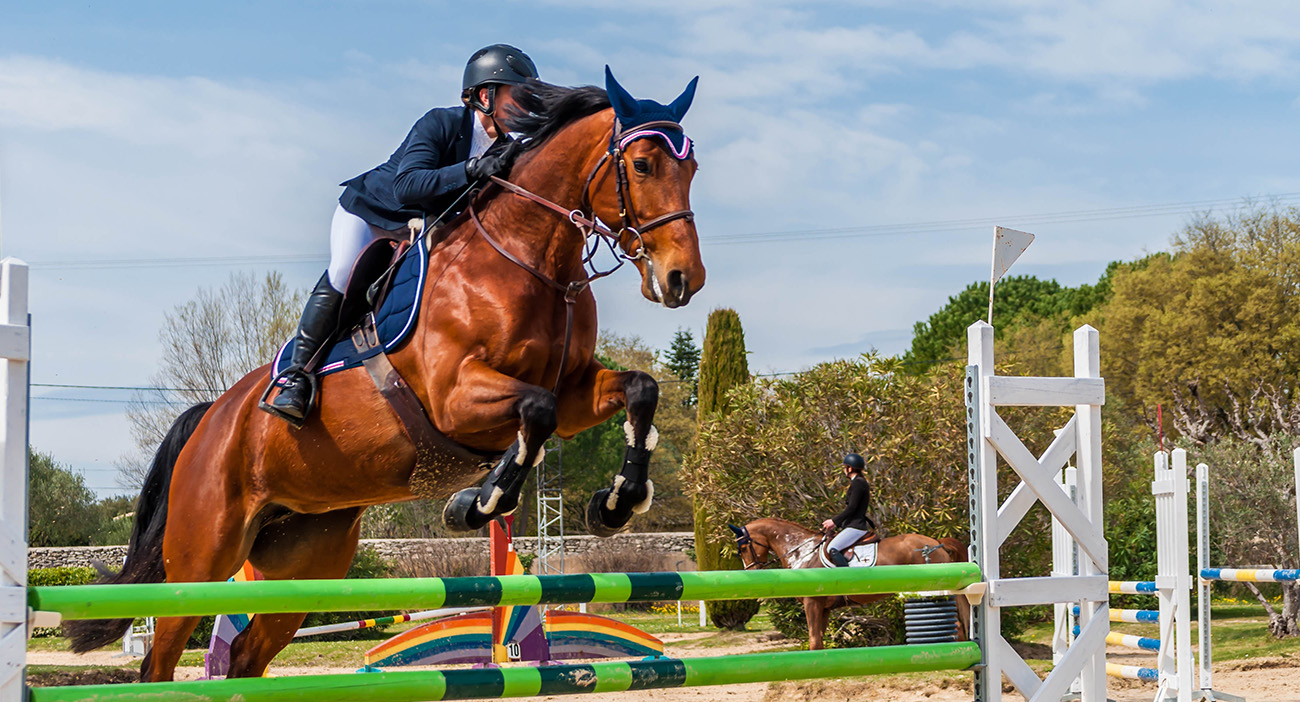
February 19, 2024
Don’t Underestimate The Value of Preparation
Good planning and preparation are essential for success in any sport, perhaps even more so when heavily reliant upon half a tonne of horse! Pre-season checks of vital signs and reflection on the previous season should help form a plan of action so that your performance horse is fully prepared and, most importantly, in optimal health for the competition ahead!
Plan A
Assess your horse’s current diet and management for training - does it need adapting for competition, travelling, and staying at competitions? If the answer is yes, plan to introduce these changes before the competition.
Horse’s guts typically struggle with rapid change, so if you intend to feed horse haylage when travelling (for example), and it is not currently in the diet, this needs to be introduced gradually.
As a rough guide, a change in concentrate feed should be made over 10-14 days and forage over 2-4 weeks. Both periods should be longer if your horse has a sensitive digestive system or if the change between the current and intended diet is significant.
Where possible, try to make only one change at a time. This allows you to easily attribute any specific changes in behaviour or signs of health to one particular change.
Plan B, C and D…
With nutrition, there are always various ways of providing a suitable diet that meets your horse’s health needs. With this in mind, finding the perfect fit and routine can take some trial and error, but putting your competition management and feeding into practice during training (where possible) can help to highlight any potential issues further down the line. This will provide an excellent opportunity to see what suits your horse’s dietary requirements. The earlier you start this process, the more likely you are to settle on a perfect plan when it matters the most.
If you can come up with a strategy to defend against any common issues, such as reduced water or fibre intake when travelling or competing, you will be able to efficiently solve these issues if they arise. Useful feeds to incorporate into the diet ahead of time, for this reason, include bucket feeds like Speedi-Beet, Fibre-Beet, and Alfabeet, as well as succulents and either dampened/soaked hay or haylage, the latter being most palatable while also providing extra moisture.
For more information on how to prepare your horse for upcoming competitions, get in touch with M&T, expert haylage suppliers, today.
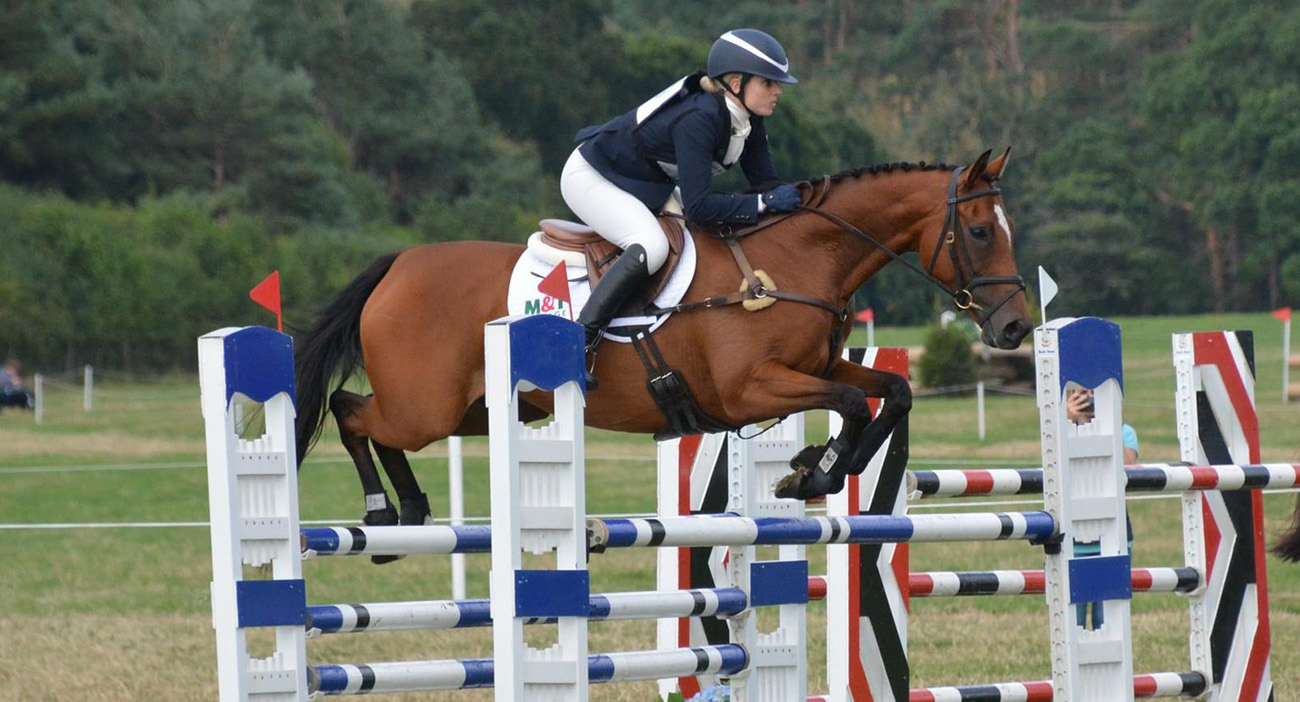
April 4, 2024
Eat, Sleep, Compete, Repeat
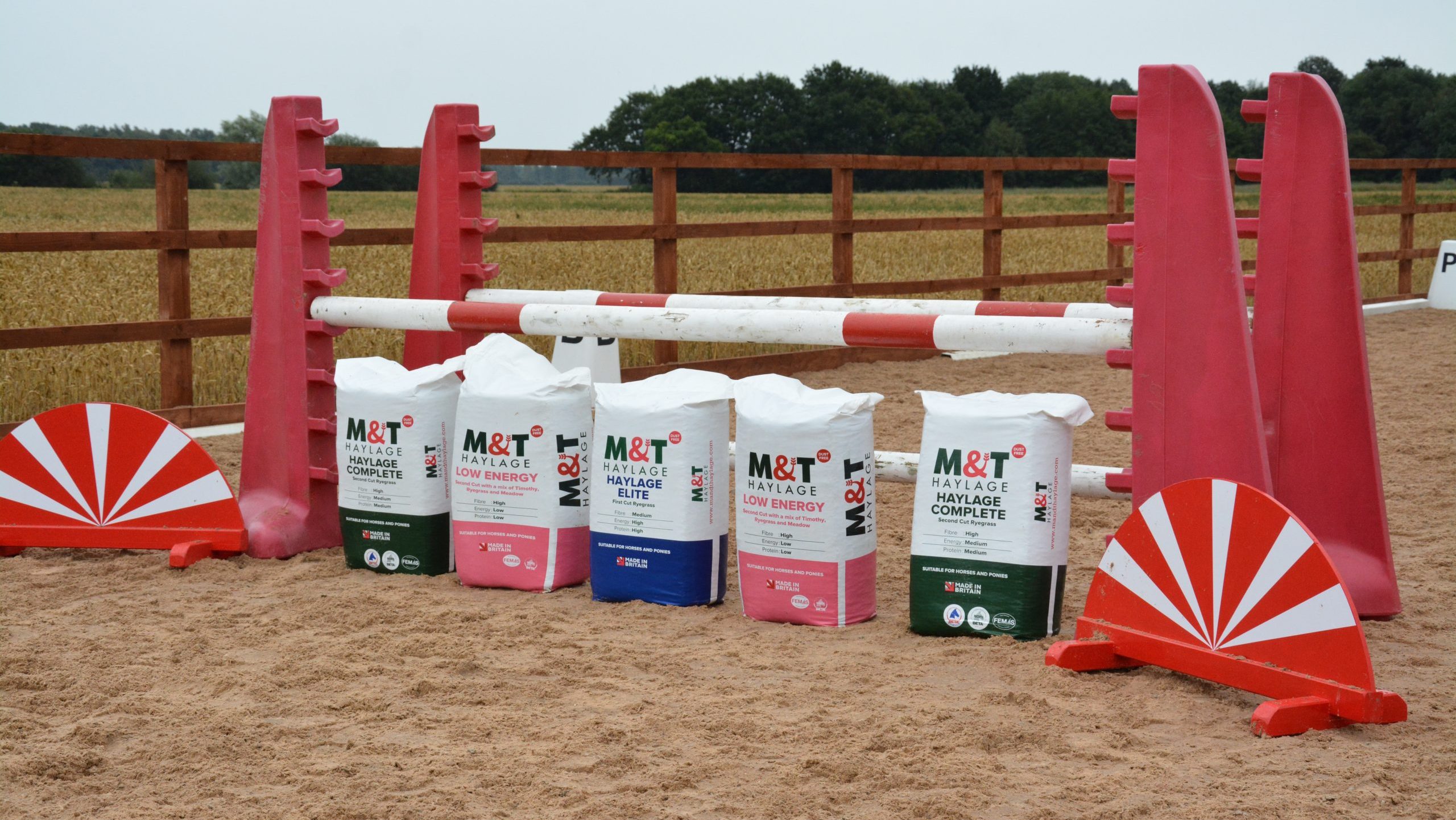
March 8, 2024
Top Tips For Managing Forage On The Go: Part Two

March 8, 2024
Consistency Is Key for Horses

February 19, 2024
Don’t Underestimate The Value of Preparation
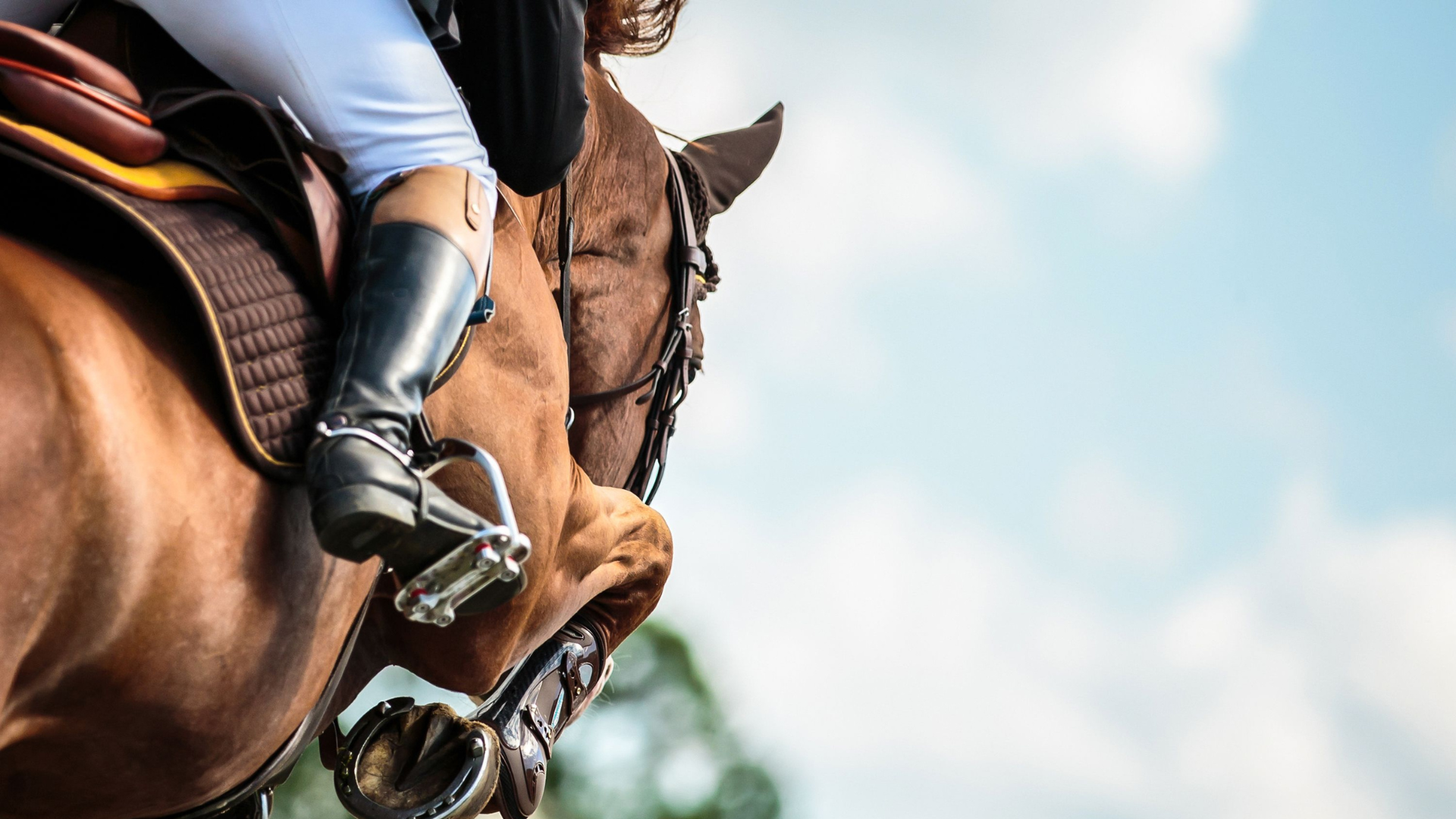
February 6, 2024
Know Your Horse Inside Out
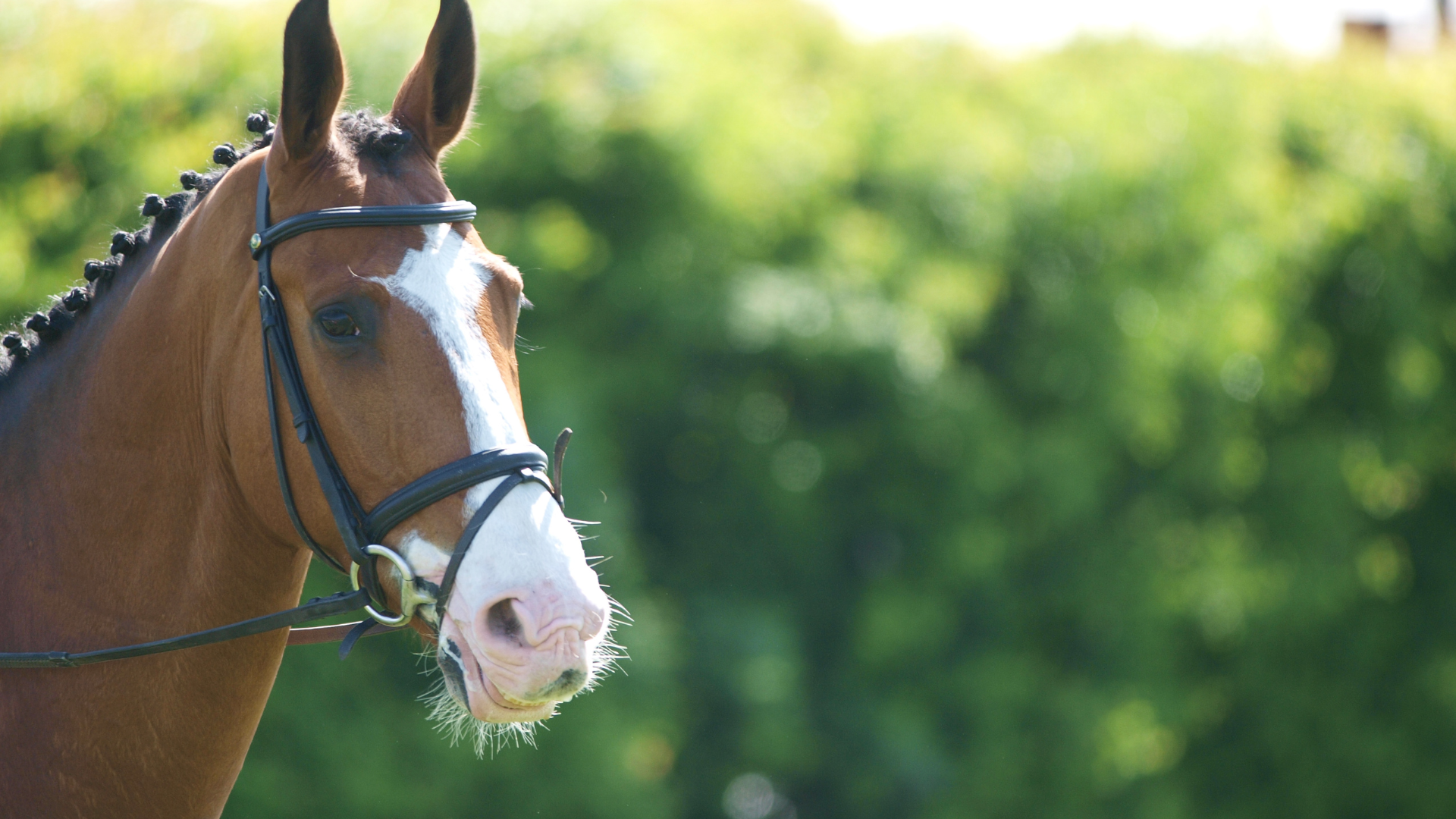
December 11, 2023
How To Get The Most Out Of Your Horse Forage During Winter

November 7, 2023
Which Hay Shall I Feed My Horse or Pony?
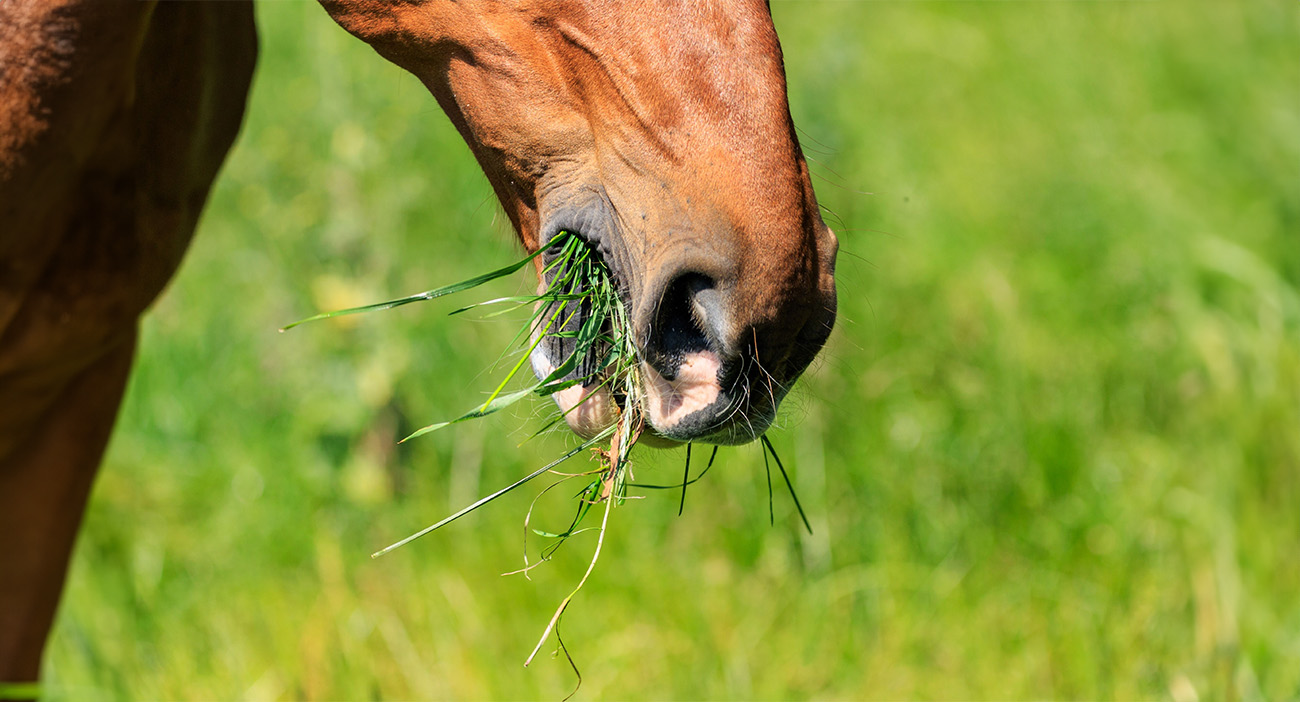
September 14, 2023
Hay Exportation – Why Choose British Hay?

April 24, 2023
Changing Your Horses Diet From Winter to Spring
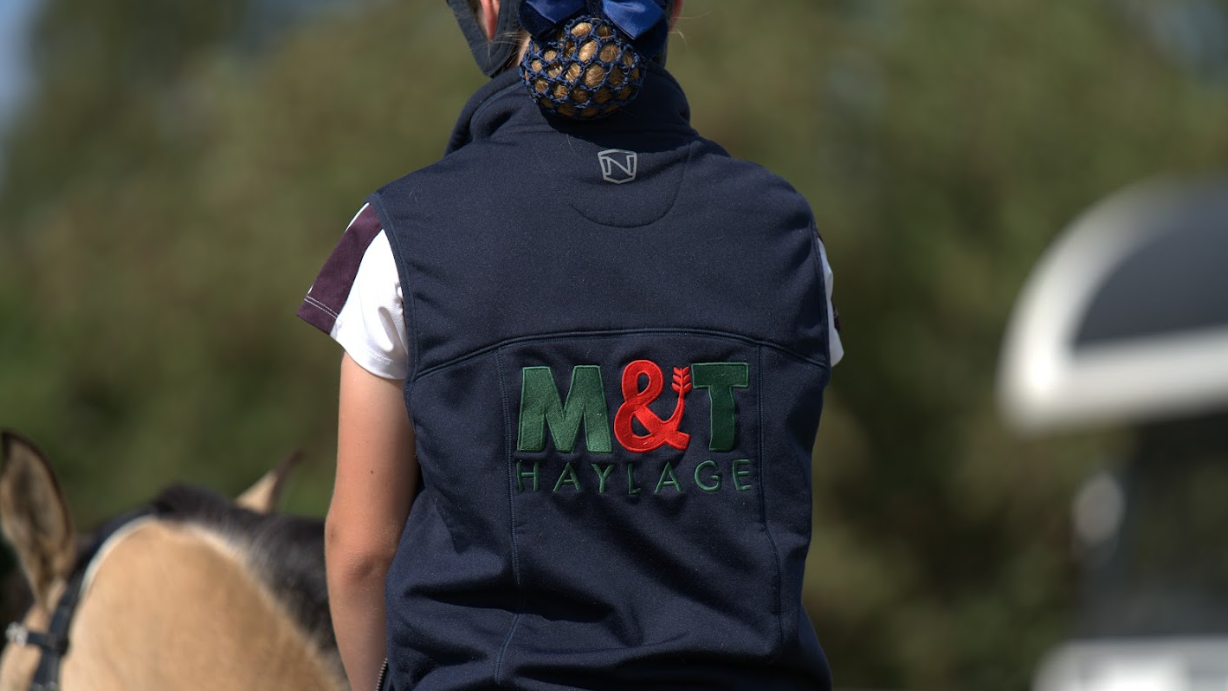
March 3, 2023
Hay vs Haylage: Which Is The Right Option For Your Horse?
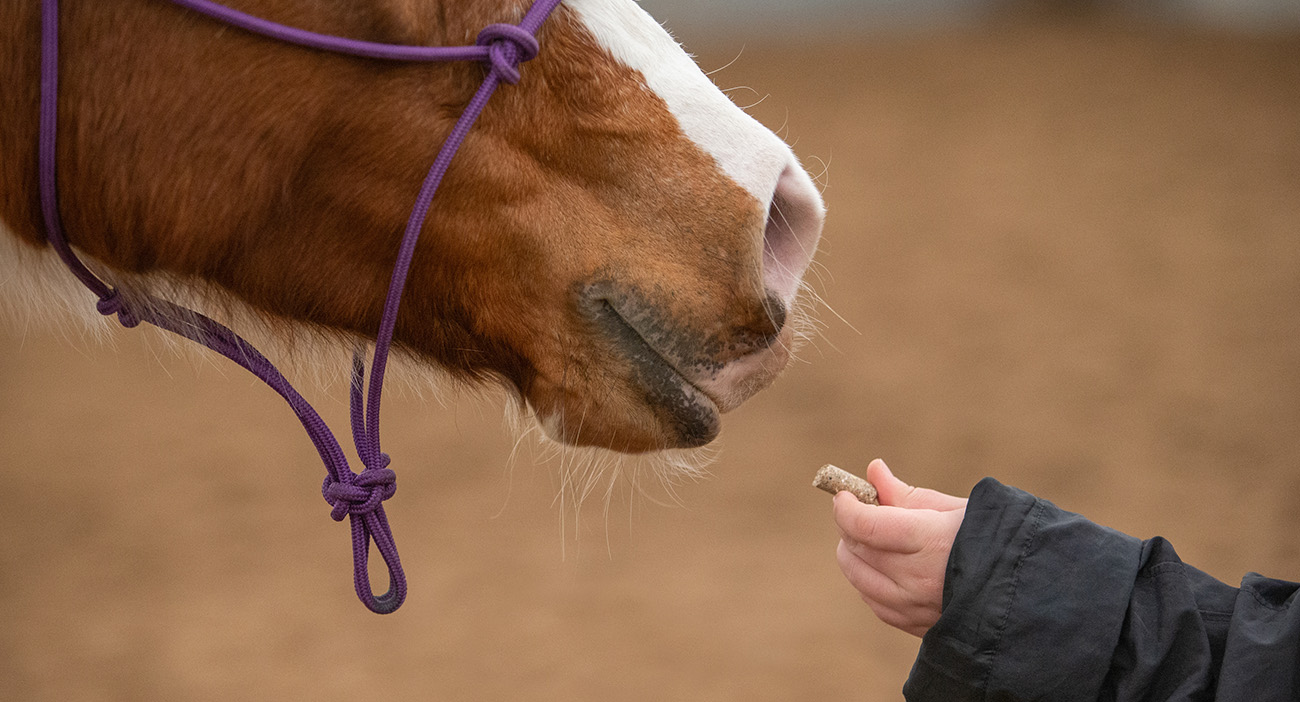
January 13, 2023
How To Bring A Horse Back Into Work After A Break
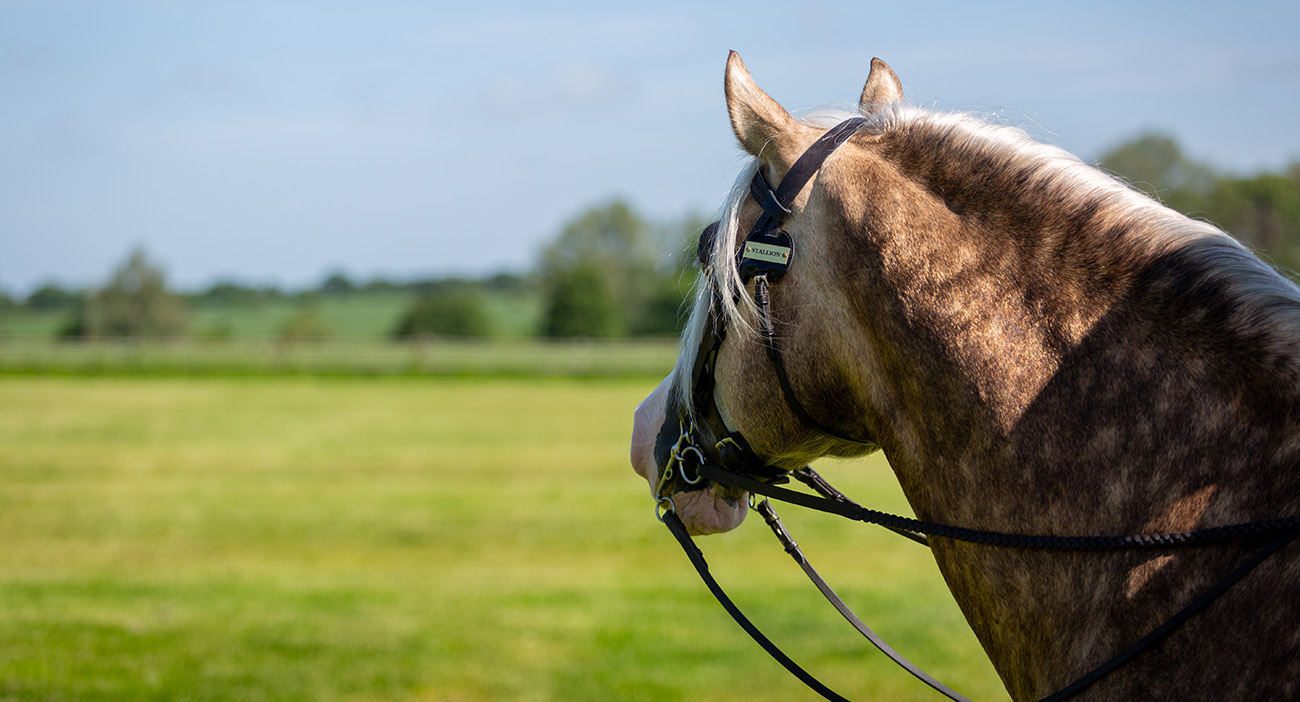
November 23, 2022
How To Body Condition Score Your Horse
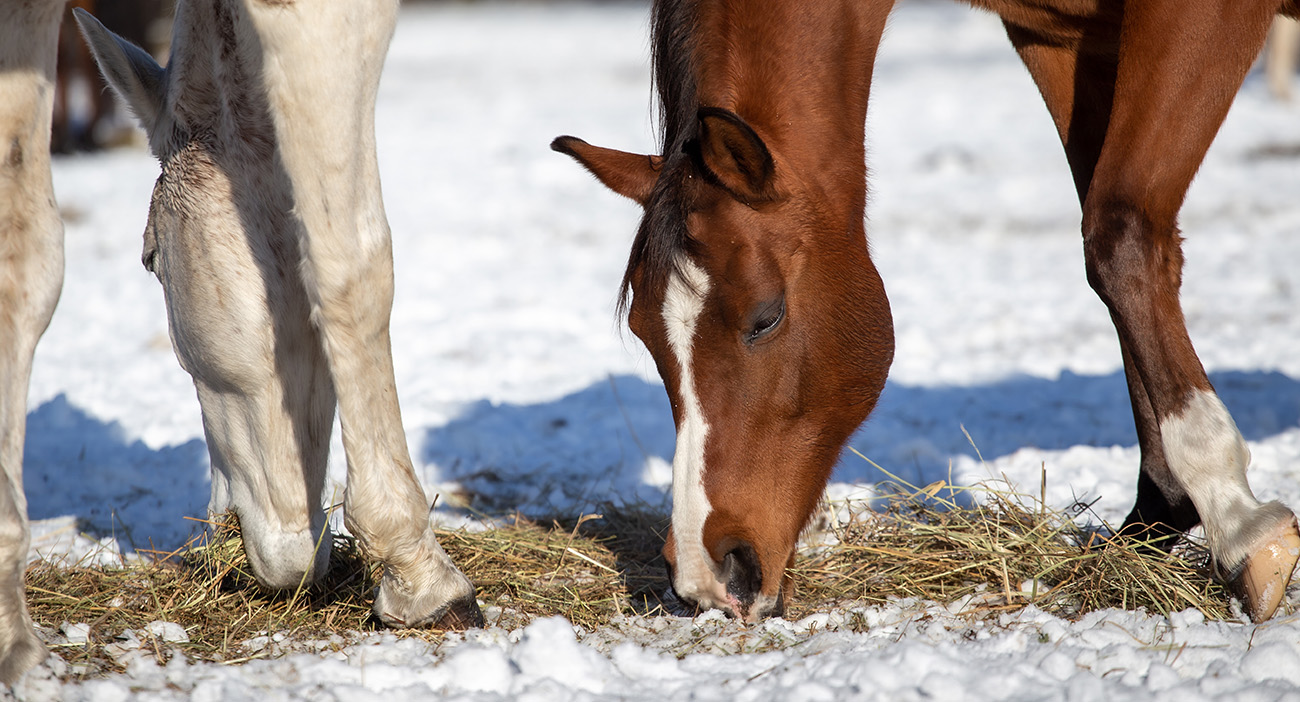
November 7, 2022
Winter Feeding Tips For Horse Owners
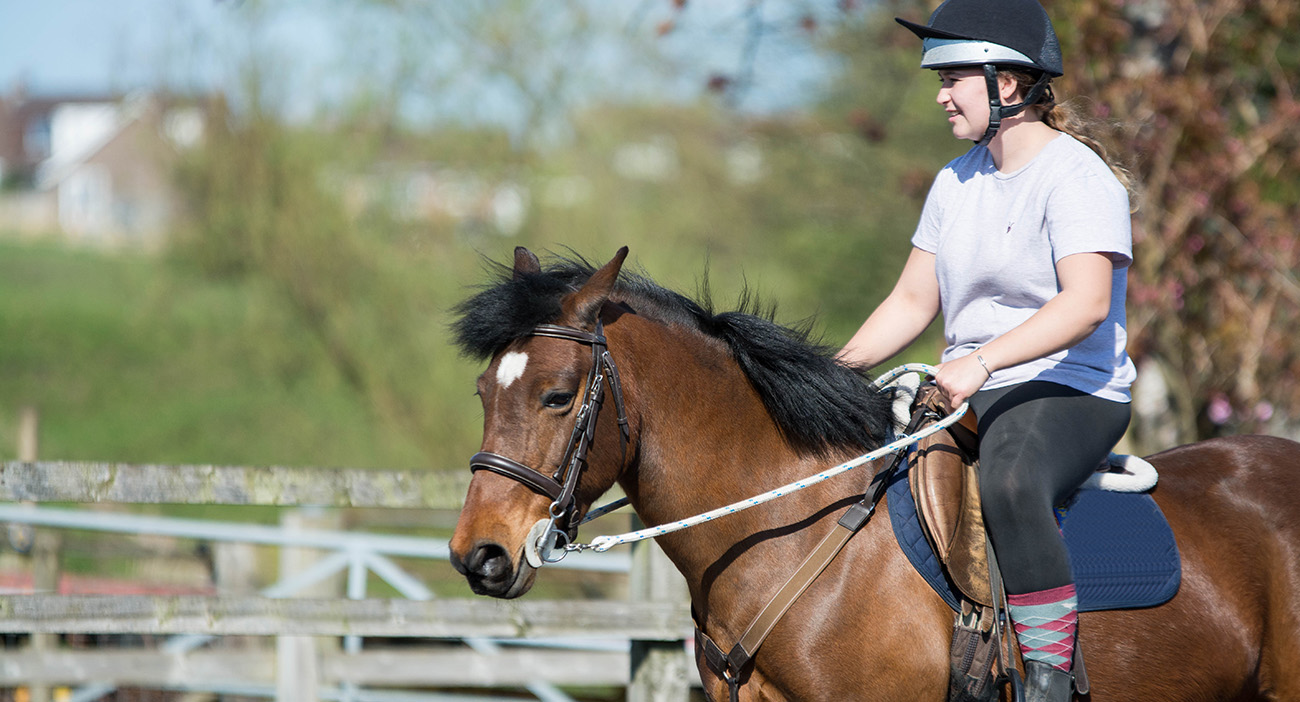
October 20, 2022
Money Saving Tips For Horse Owners
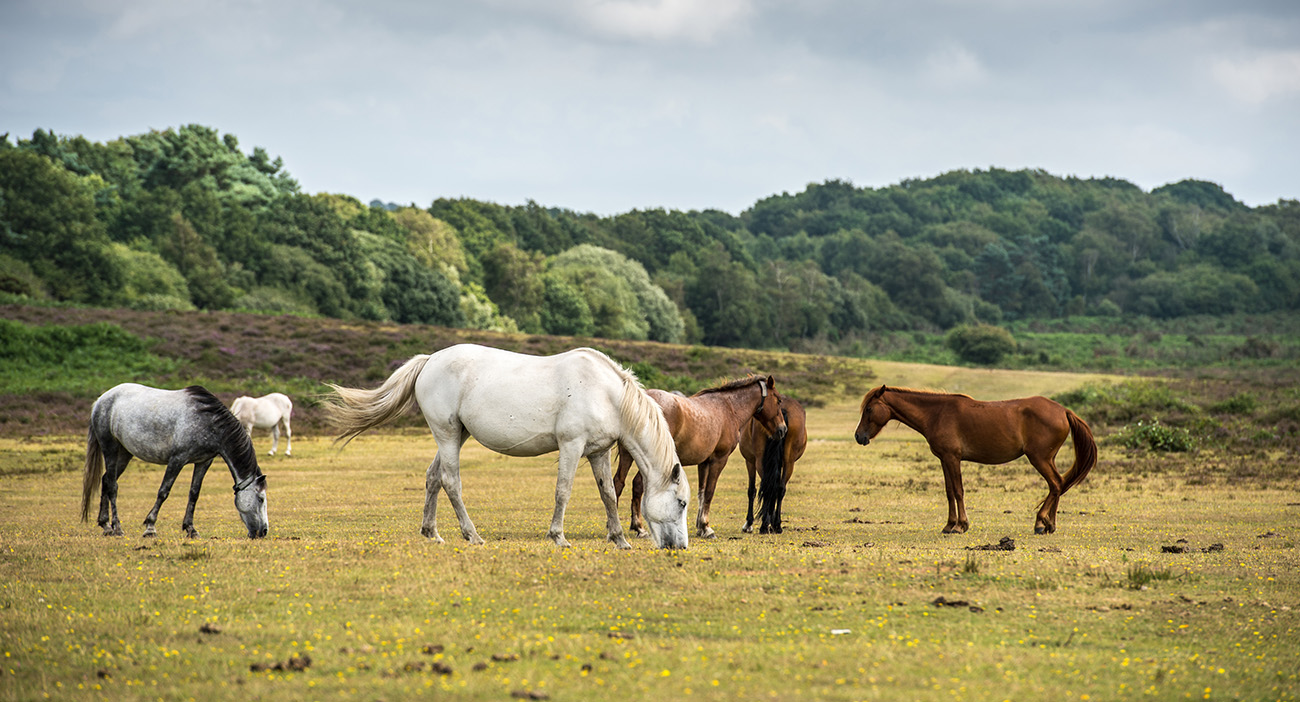
October 3, 2022
8 Ways To Keep Your Horse Entertained

September 30, 2022
Equestrian Question and Answer Session: Sophie Platt
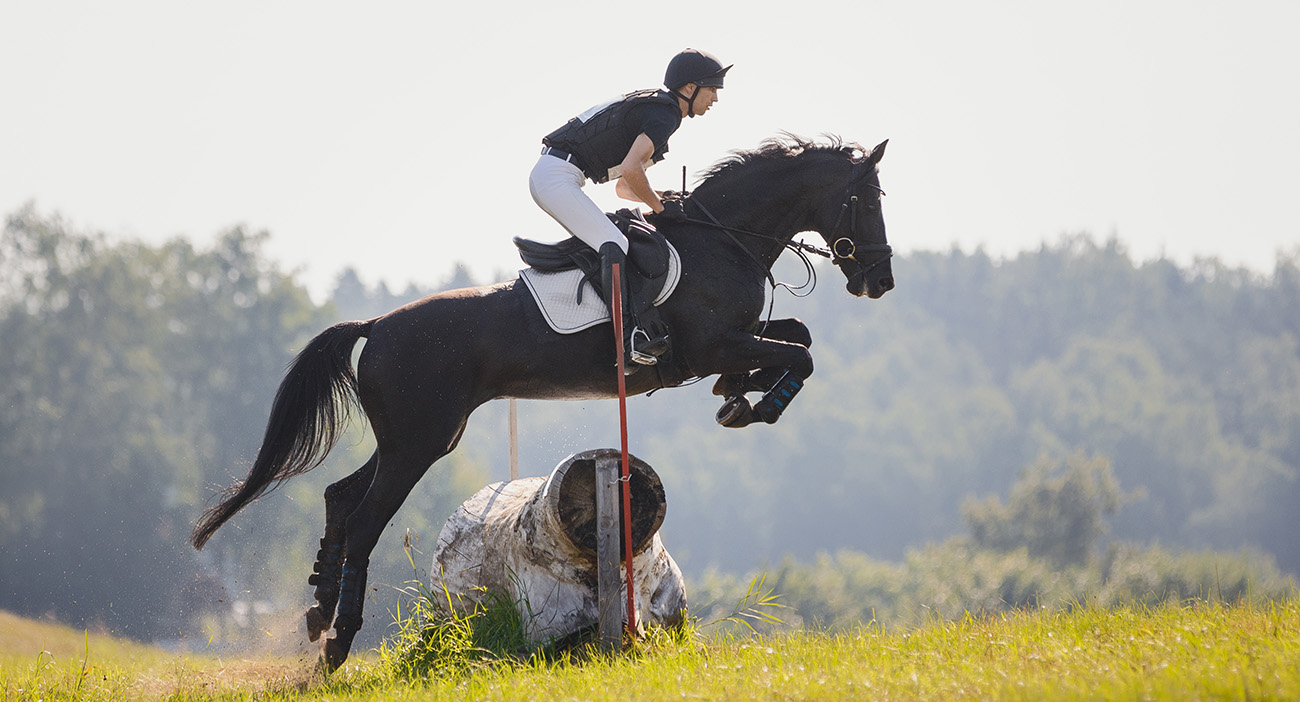
August 25, 2022
Preparing Your Horse For Competition
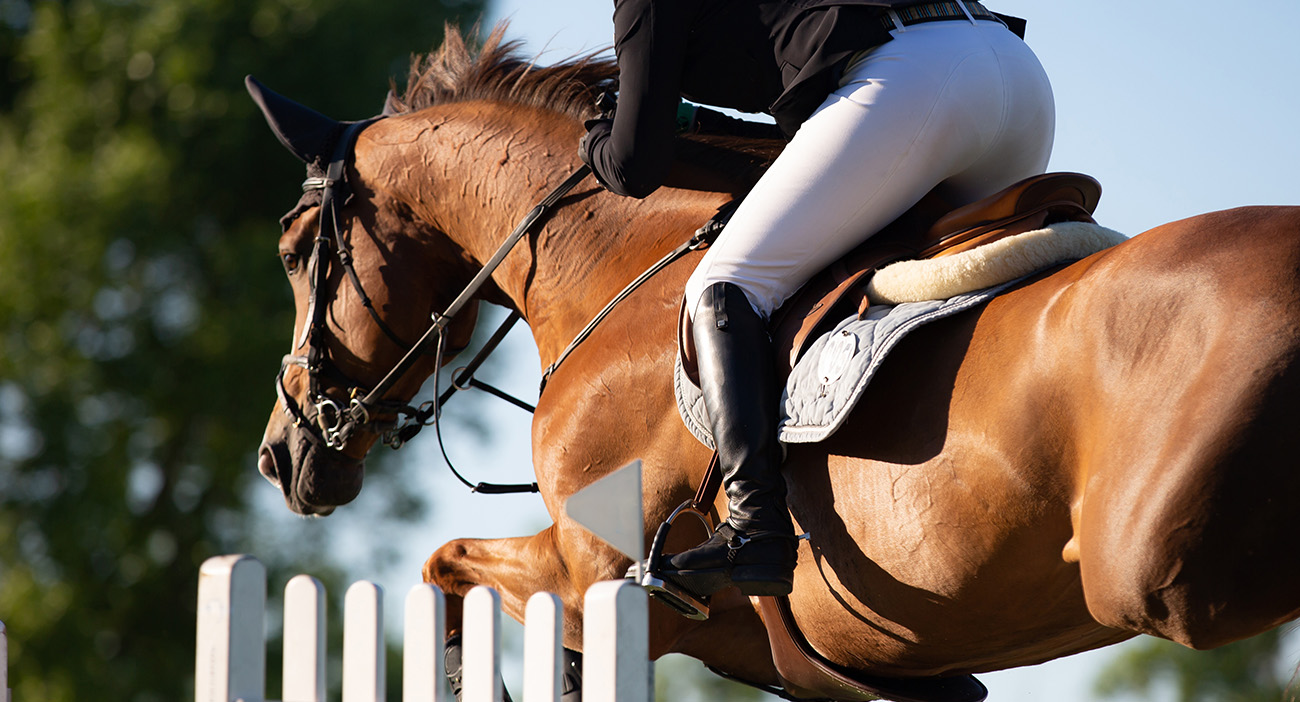
July 28, 2022
What Is Normal For My Horse?
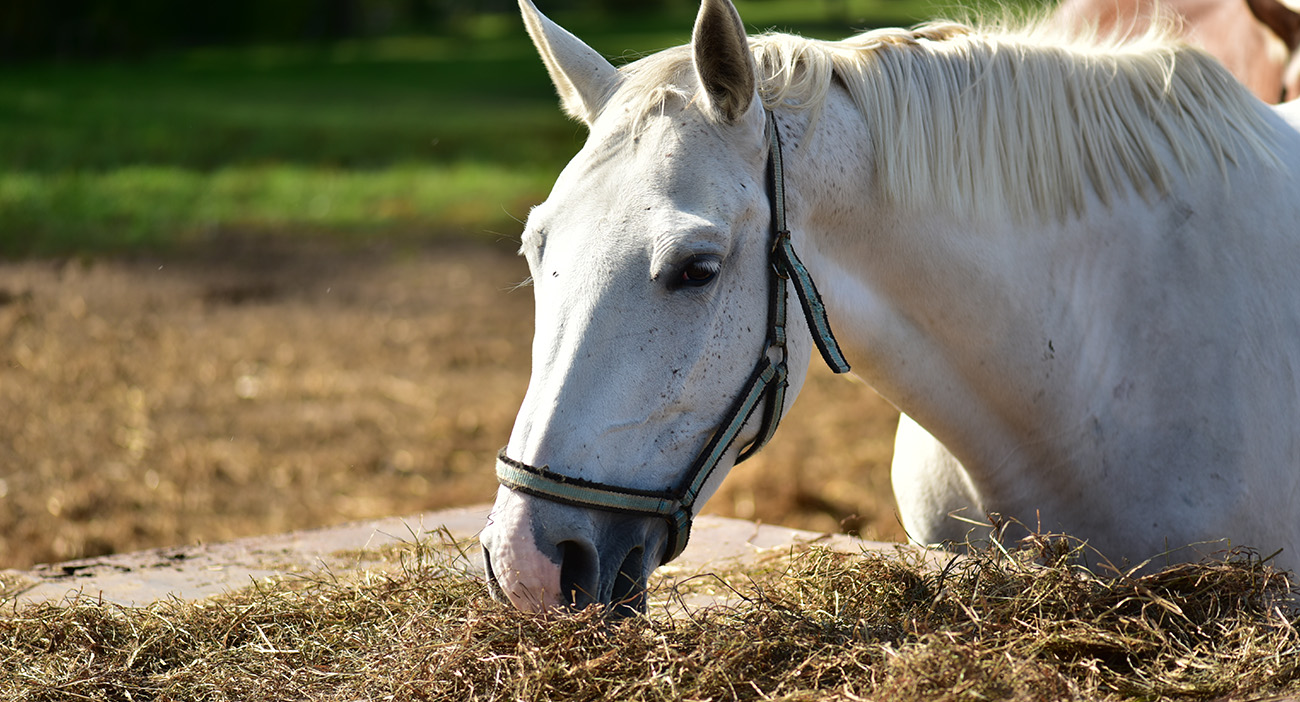
June 30, 2022
Compeition Horses: Managing Forage and Water Intake
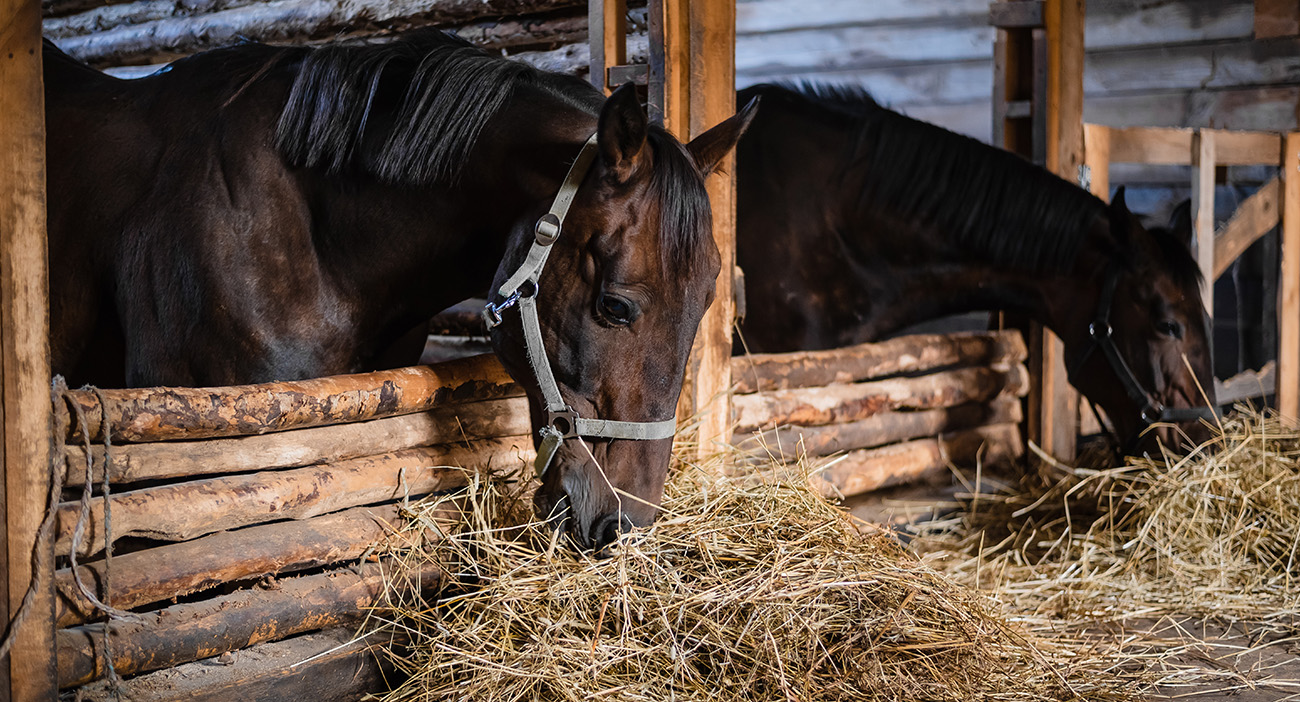
October 1, 2021
How To Feed EMS Horses: Nutritionist Top Tips For Horses
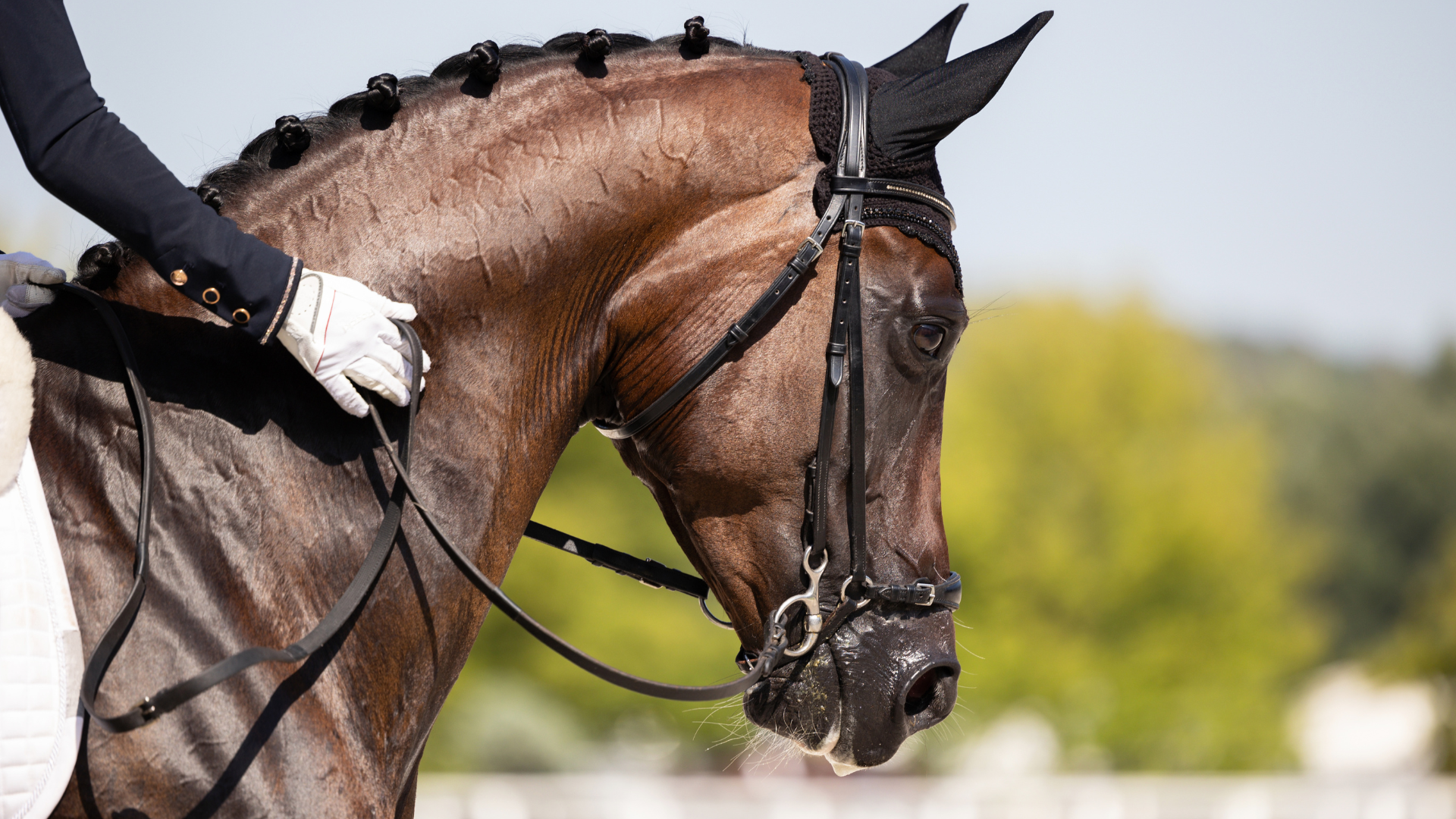
September 22, 2021
Feeding The Equine Athlete
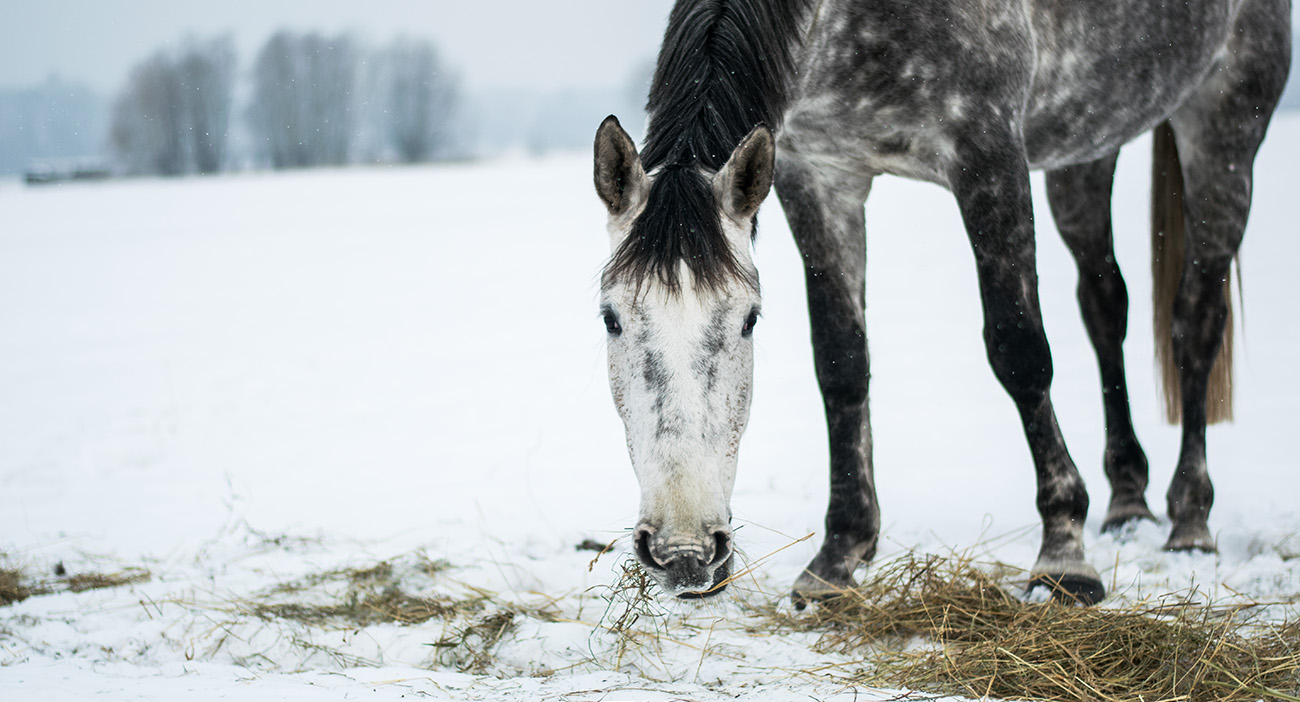
September 7, 2021
How To Feed Your Horse Indoors This Winter
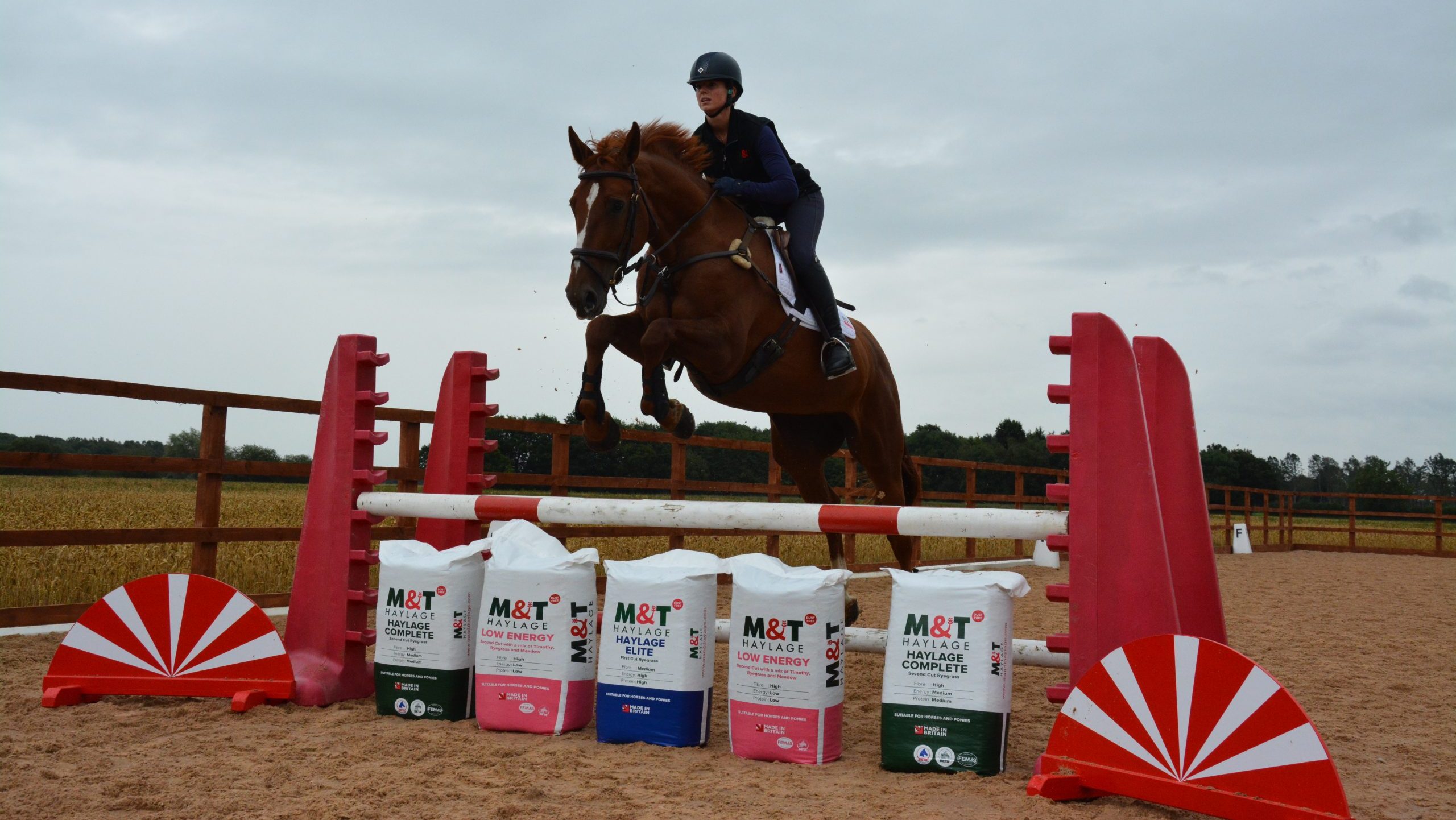
December 7, 2020
Premium Horse Forage: Ask The Nutritionist
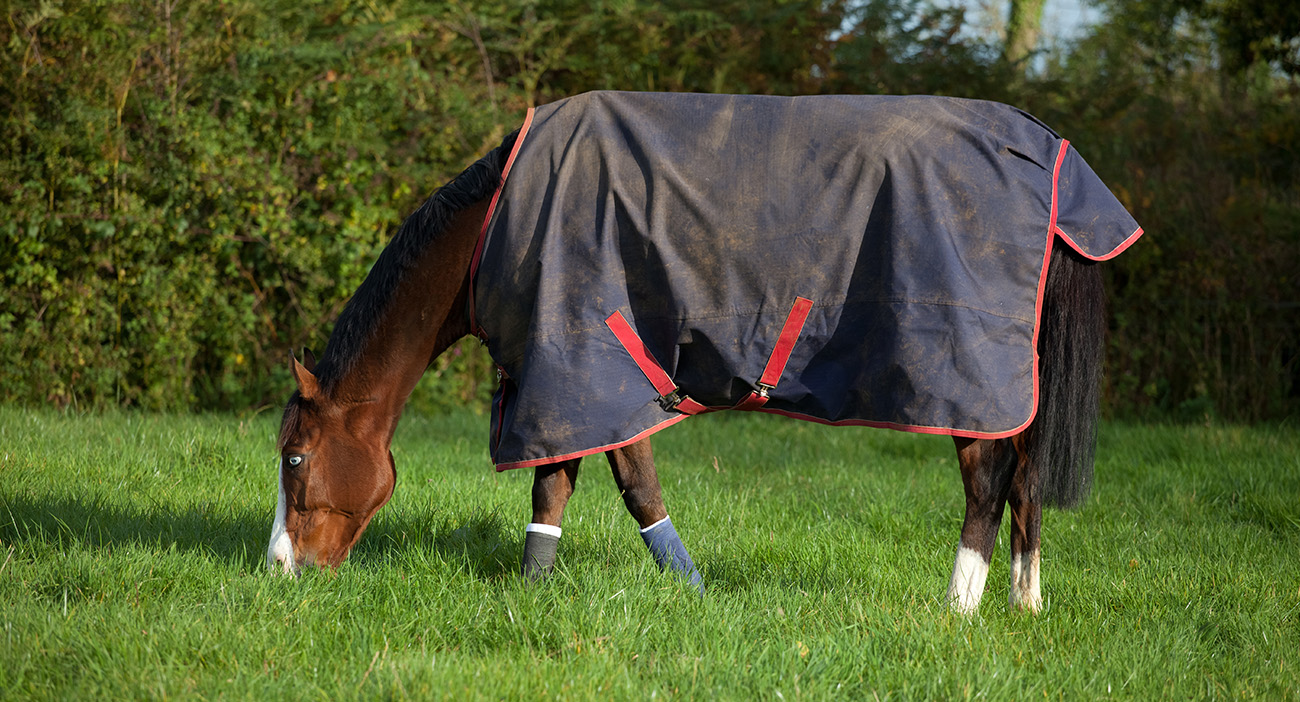
July 9, 2020
Top Tips For Managing Forage For Horses On The Go: Part One
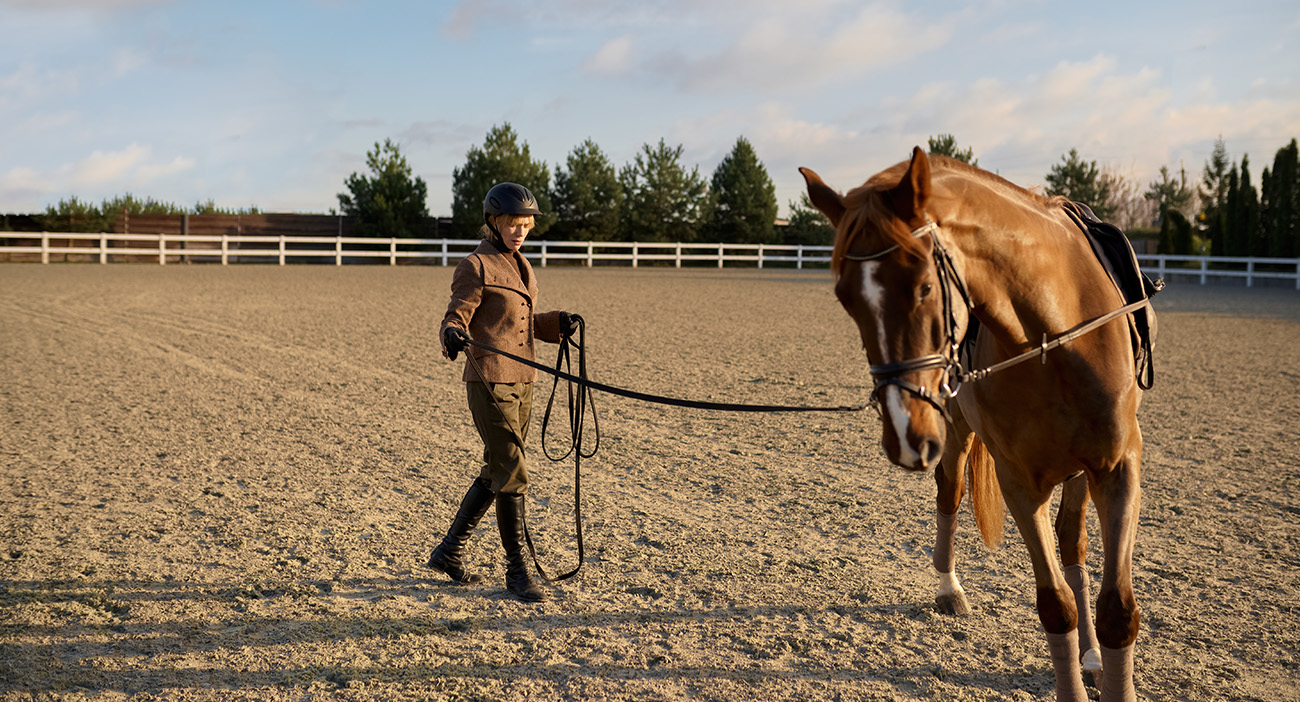
January 16, 2020
Haylage Myth Buster: Nutritionist Top Tips for Horses





